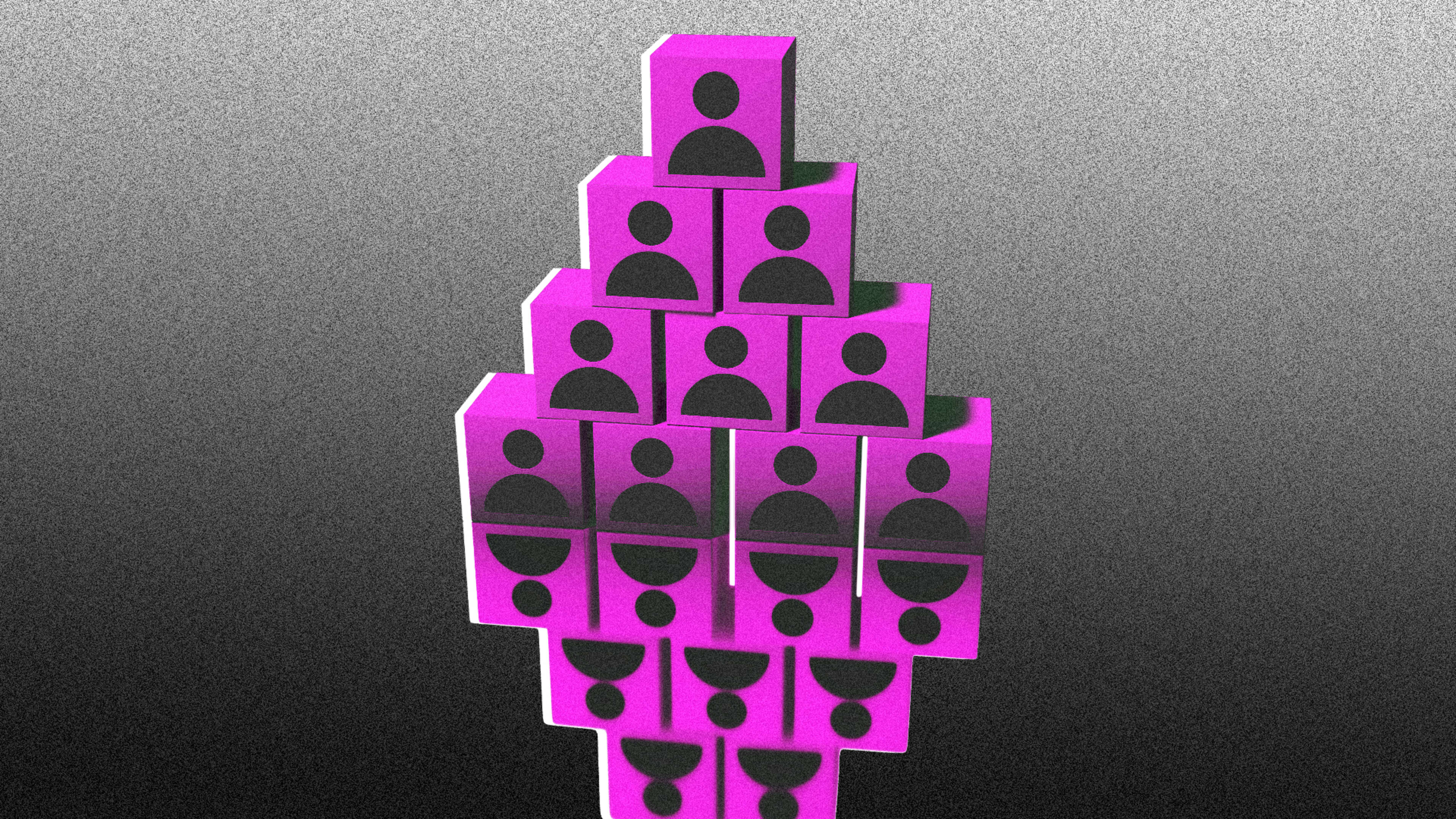Recently, Basecamp came under fire for announcing new approaches to several aspects of its work culture like benefits, performance reviews, and DEI efforts. Most significantly, it banned political discussions amongst employees on company channels, a decision also taken by Coinbase late last year.
Social media lambasted the company’s leadership for adopting regressive workplace practices, and eventually Basecamp’s founders issued an apology for how they communicated the changes, not for the changes themselves. But there was a faction of supporters too, welcoming the dawn of the apolitical workplace. The ongoing nature of the discussions shows that even a year after Black Lives Matter protests forced America’s racial reckoning into the office, many leaders remain clueless about how to show up for their teams, especially those from under-represented backgrounds. On the other hand, employees at all levels are exhausted after encountering bosses who offer trite promises or weekly yoga classes in lieu of real, meaningful support.
This is a problem, but it’s also an opportunity for executives who want to build truly progressive companies in 2021. For those leaders, here are a few things to know about building inclusive cultures that walk the talk.
Employees expect you to get political
The apolitical workplace was always a fallacy: choosing not to engage is as political a choice as any. But increasingly, it is the employees’ moral compass that is driving CEO activism and financial decisions for some of the biggest names in business. Last month, Simon & Schuster employees demanded that their company sever ties with authors from the Trump administration. This isn’t new: in the months before the pandemic, Amazon, Wayfair and Salesforce also faced employee backlash for selling to ICE and CBP at the height of the border migration crisis.
The apolitical workplace was always a fallacy: choosing not to engage is as political a choice as any.”
Employees won’t just stage walkouts when they think you’re on the wrong side of history; they expect you to be proactive with your political stances. A recent report from Hue, a community of marketers of color, found that more than 50% of people of color refuse to work for a company that fails to speak out against racism. The learning is clear: employees are taking social stands at work—blurring the lines between personal and political, which only ever existed for the privileged anyway—and they expect the same kind of enthusiastic engagement from their leaders.
People of color can see through “pretty talk”
“There is a lot of harmful language floating around in the DEI industry that sets it back,” says Reema Mitra, a strategy consultant at define&empower, a Black feminist collective. Slogans like “you can’t be what you can’t see” or “bring your whole self to work” are what she calls “pretty talk”—taglines that are easy to rally around, but entirely miss crucial obstacles faced by marginalized communities.
For example: the popular “bring your whole self to work” is, often, a dangerous proposition for people of color, who may be judged unfairly on everything from their hairstyles and accents to their cultural practices. Instead of asking them to not check parts of their identity at the door, effective leadership would mean studying the barriers they face to being fully themselves at work, and working to eliminate those blocks. This also fixes the “lean in” model of problem-solving for DEI: by putting the onus on leaders to study the actual problem—systemic discrimination—it relieves the victims of responsibility, who are often unfairly expected to fix inequity by changing their own behaviors, while also enduring exclusion on a daily basis.
To get to authentic solutions, Mitra recommends treating DEI like other business issues. “Every leader is where they are because they know how to fix problems by identifying root causes,” says Mitra. “We should apply the same skillset to our work environments to find out what isn’t working and replace it with more equitable solutions.”
Belonging is customizable
Belonging is a broad term that can manifest itself in many forms, but it starts with equity. “We understand diversity as a pipeline to get a variety of people through the door, and inclusion as the ability to have a seat at the table. But equity—which is about leveling the playing field—is an individualized situation,” says Mitra. What it takes to coach a Black, immigrant woman for a leadership position is not the same as what it takes to train a white man who is the first in his family to go to college. They are each coming with a unique set of skills, insights and areas of growth and can’t be slotted into a one-size-fits-all system.
This also applies to other aspects of work. Take benefits, for example. A parent may appreciate childcare-related perks, but they are irrelevant to someone who has chosen to be childless. A good way of managing this is offering a flexible menu wherein employees can choose the benefits that matter most to them, thus creating a sense of support and belonging in varied, individualized ways.
DEI is not a nice-to-have project
DEI is the correction of historical inequity that has set back people’s careers, families’ wealth and communities’ progress—and it’s hard, necessary work that has to be approached with humility and care. In 2021, it should no longer be seen as optional, or something to be leveraged just when building an employer brand. “People tend to see it as ‘passion’ work, but it’s a strategic, organizational commitment,” says Diya Khanna, a DEI manager in the tech industry. “We aren’t going to get immediate results, but progress hinges on goals, data, measurement and a culture of accountability. The more resources you put in, the more you get in the form of safe and sustainable work culture.”
Puneet Sandhu is a London-based writer, marketer and DEI executive.
Recognize your brand’s excellence by applying to this year’s Brands That Matter Awards before the early-rate deadline, May 3.
